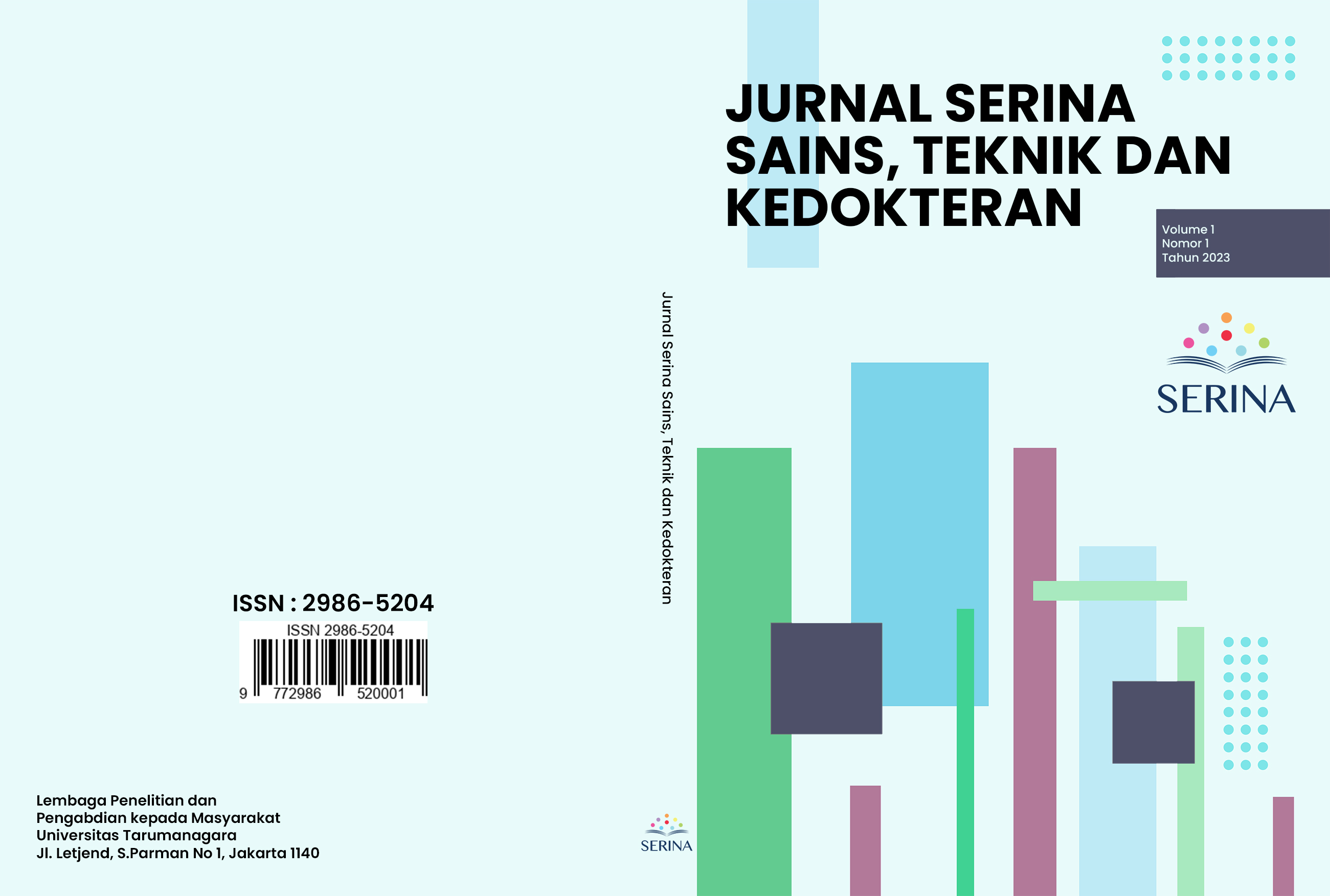PENDETEKSI UJARAN KEBENCIAN PADA PLATFORM MEDIA SOSIAL TWITTER MENGGUNAKAN SUPPORT VECTOR MACHINE
Main Article Content
Abstract
Twitter is one of the world social media giants, which has enormous flow text-based comment in every
second. There are many types of writing sentiments that users create to discuss something such as famous
figures, companies or politics. One of the types is hate speech. The analysis was carried out using the
Support Vector Machine method as a text analysis model with the help of TF-IDF to assess the weight of
each word. The experiment was carried out with several types of kernels and resulted in varying degrees of
accuracy. The types of kernels tested were linear, radial basis function, polynomial and sigmoid with a test
data distribution of 20%, 25% and 30%.
Article Details
Section
References
Alfina, I., Mulia, R., Fanany, M. I., & Ekanata, Y. (2017, October). Hate speech detection in the
Indonesian language: A dataset and preliminary study. In 2017 International
Conference on Advanced Computer Science and Information Systems (ICACSIS) (pp.
-238). IEEE.
Badjatiya, P., Gupta, S., Gupta, M., & Varma, V. (2017, April). Deep learning for hate speech
detection in tweets. In Proceedings of the 26th international conference on World
Wide Web companion (pp. 759-760), https://doi.org/10.1145/3041021.3054223.
Buntoro, G. A. (2016). Analisis sentimen hatespeech pada twitter dengan metode naïve bayes
classifier dan support vector machine. Jurnal Dinamika Informatika, 5(2), 1-12.
Farber, D. (2012, Juni 6). Twitter hits 400 million tweets per day, mostly mobile. CNET.
Hofmann, M. (2006). Support vector machines-kernels and the kernel trick. Notes, 26(3), 1-16.
Kowalczyk, A. (2017). Support vector machine succinctly. Syncfusion.
Muhajir, R. B. (2012). Metode similarity-mashup untuk framework modul relevant content pada
content management system (cms). Universitas Negeri Sebelas Maret.
Pak, A., & Paroubek, P. (2010, May). Twitter as a corpus for sentiment analysis and opinion
mining. In LREc (Vol. 10, No. 2010, pp. 1320-1326).
Pupale, R. (2018). Support vector machine (svm)-an overview. Towards Data Science.
https://towardsdatascience.com/https-medium-com-pupalerushikesh-svm-f4b42800e9
Sarkar, D. (2016). Text analytics with python: A practical real-world approach to gaining
actionable insights from your data. Apress.
Tripathy, A., Agrawal, A., & Rath, S. K. (2015). Classification of sentimental reviews using
machine learning techniques. Procedia Computer Science, 57, 821-829.
Usharani, J., & Iyakutti, K. (2013). A genetic algorithm based on cosine similarity for relevant
document retrieval. International Journal of Engineering Research & Technology
(IJERT), 2(2), 1-13.

